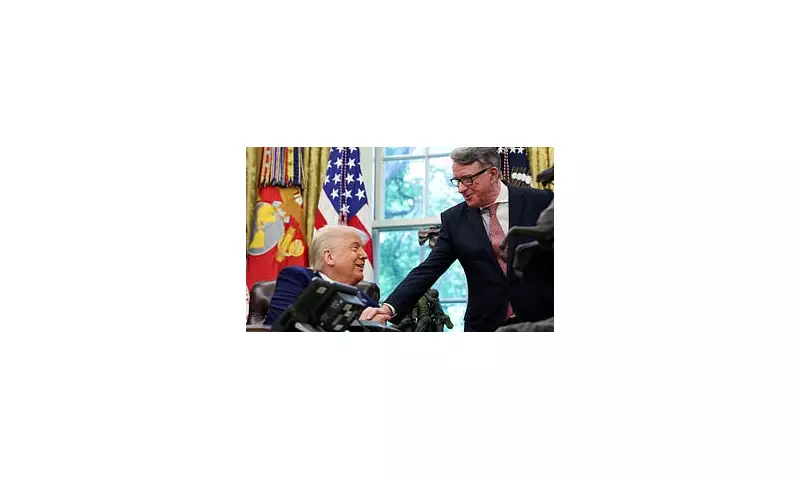
Sir Keir Starmer is facing intense criticism from senior political figures after extending an invitation to the controversial peer Lord Mandelson for the prestigious State Banquet honouring Japanese Emperor Naruhito at Buckingham Palace.
Conservative MPs and royal commentators have expressed grave concerns that the inclusion of the former Labour minister, known for his contentious political history, could create significant embarrassment for King Charles during a crucial diplomatic occasion.
The State Banquet, scheduled for Tuesday evening, represents one of the most important events in the royal calendar, bringing together dignitaries, politicians, and foreign royalty in a display of British diplomatic soft power.
Protocol Concerns Raised
Multiple sources within Westminster have revealed that several prominent figures have approached Starmer's office urging reconsideration of Mandelson's invitation. "There are serious questions about whether this is an appropriate occasion for someone with Mandelson's background," one senior Conservative MP commented.
Lord Mandelson, who served as Business Secretary under Gordon Brown and was twice forced to resign from Cabinet, remains a polarising figure in British politics. His presence at such a sensitive royal event has raised eyebrows among protocol experts.
Diplomatic Implications
The banquet honouring Emperor Naruhito and Empress Masako represents a key moment in UK-Japan relations, with the King personally overseeing arrangements to ensure the event reflects the importance of the bilateral relationship.
Royal aides are understood to be particularly concerned about any potential distractions from the main purpose of the visit, which aims to strengthen trade and cultural ties between the two nations.
One palace insider noted: "The focus should remain entirely on strengthening UK-Japan relations, not on domestic political controversies."
Labour's Response
Despite the growing criticism, Labour officials have defended the decision, stating that Lord Mandelson receives his invitation in his capacity as a member of the House of Lords rather than as a political associate of Sir Keir.
However, critics argue that the Labour leader has direct control over which opposition figures receive invitations to such events and should exercise greater judgement regarding potentially controversial guests.
The controversy comes at a sensitive time for Sir Keir, who has been working to position himself and his party as responsible future custodians of the nation's institutions and international relationships.





